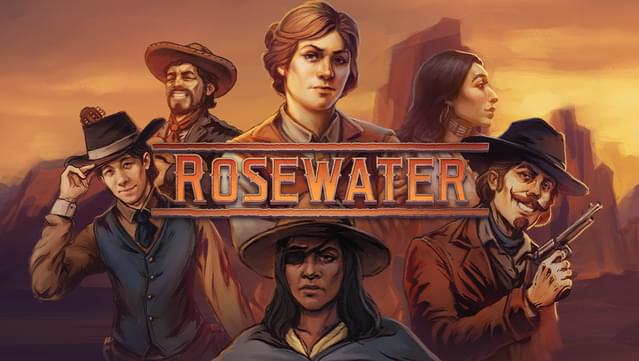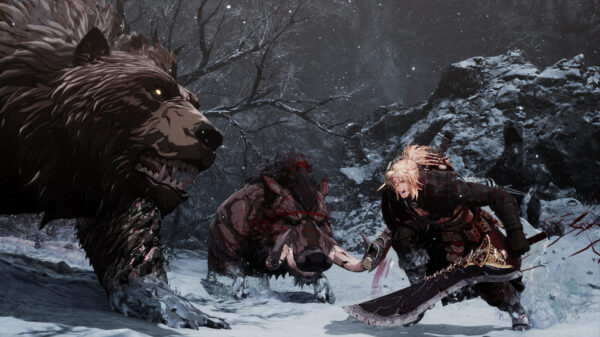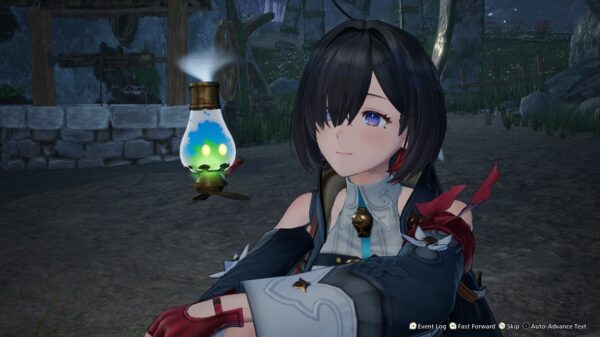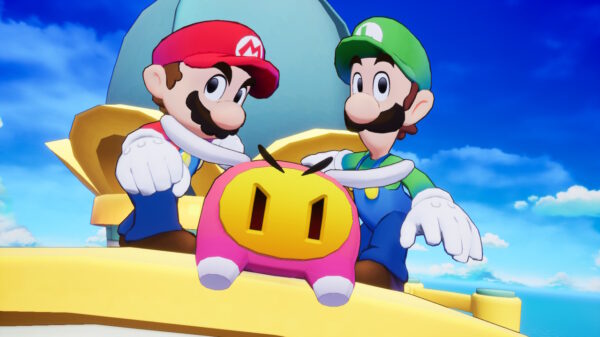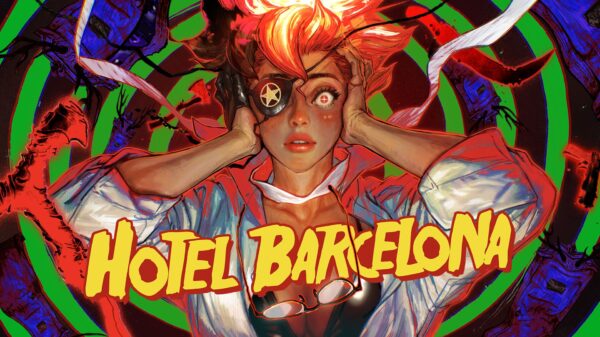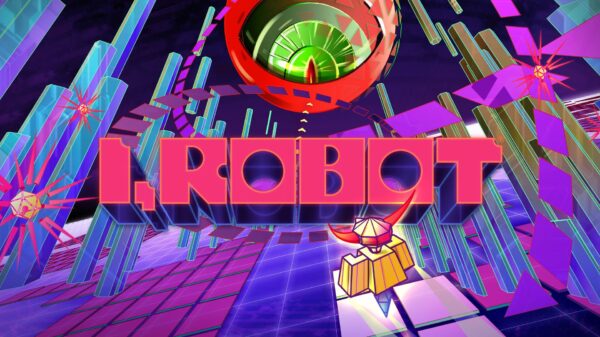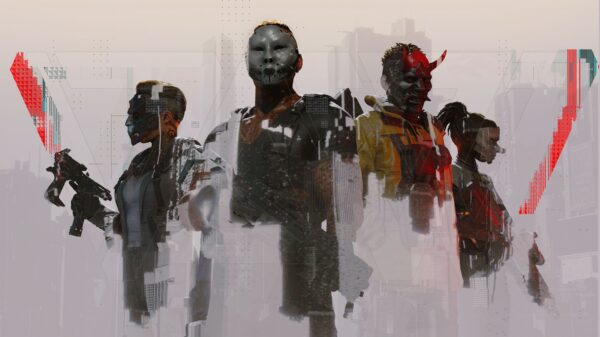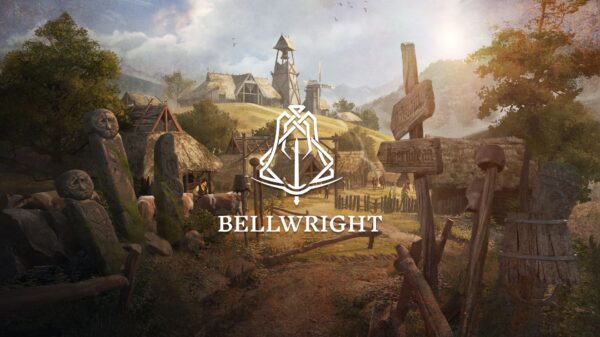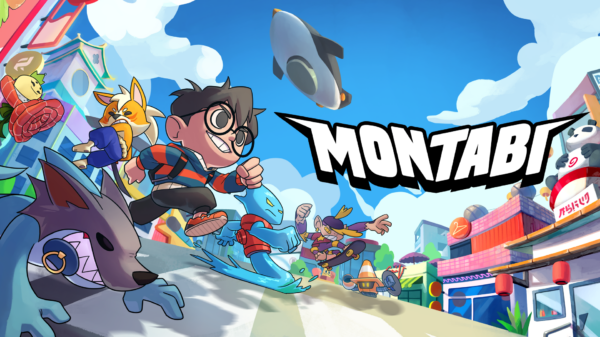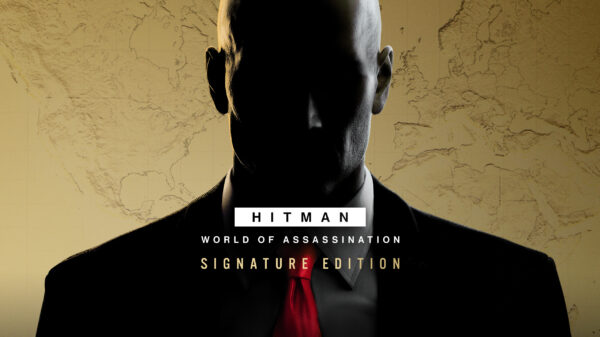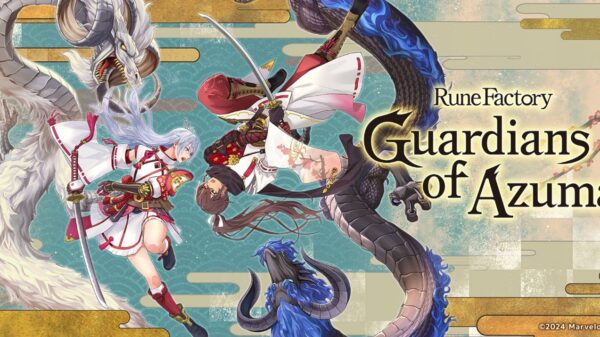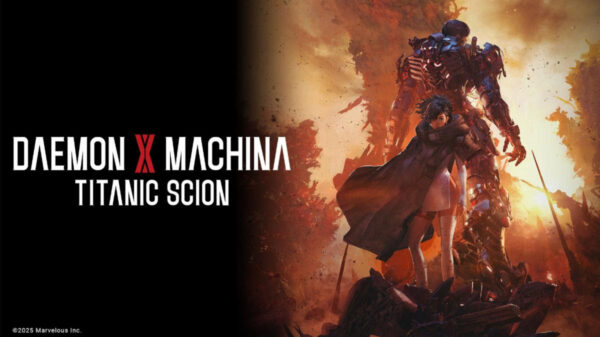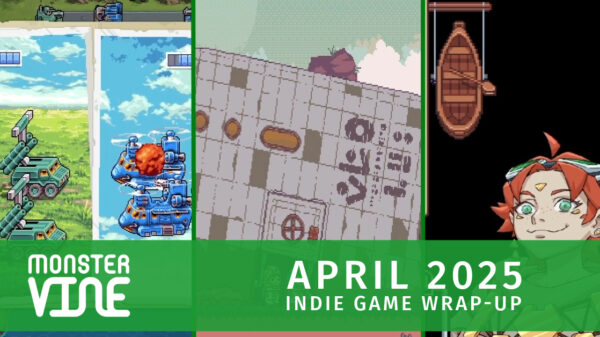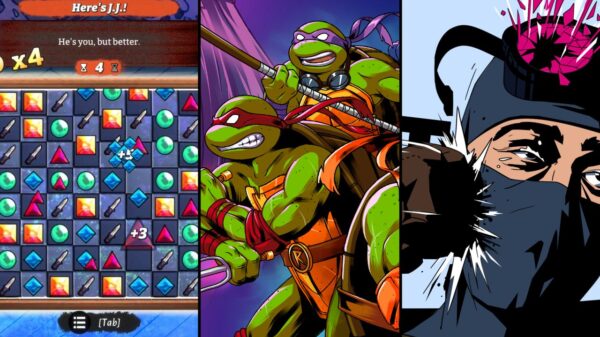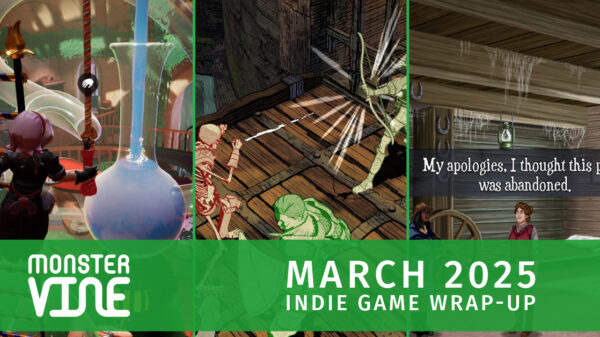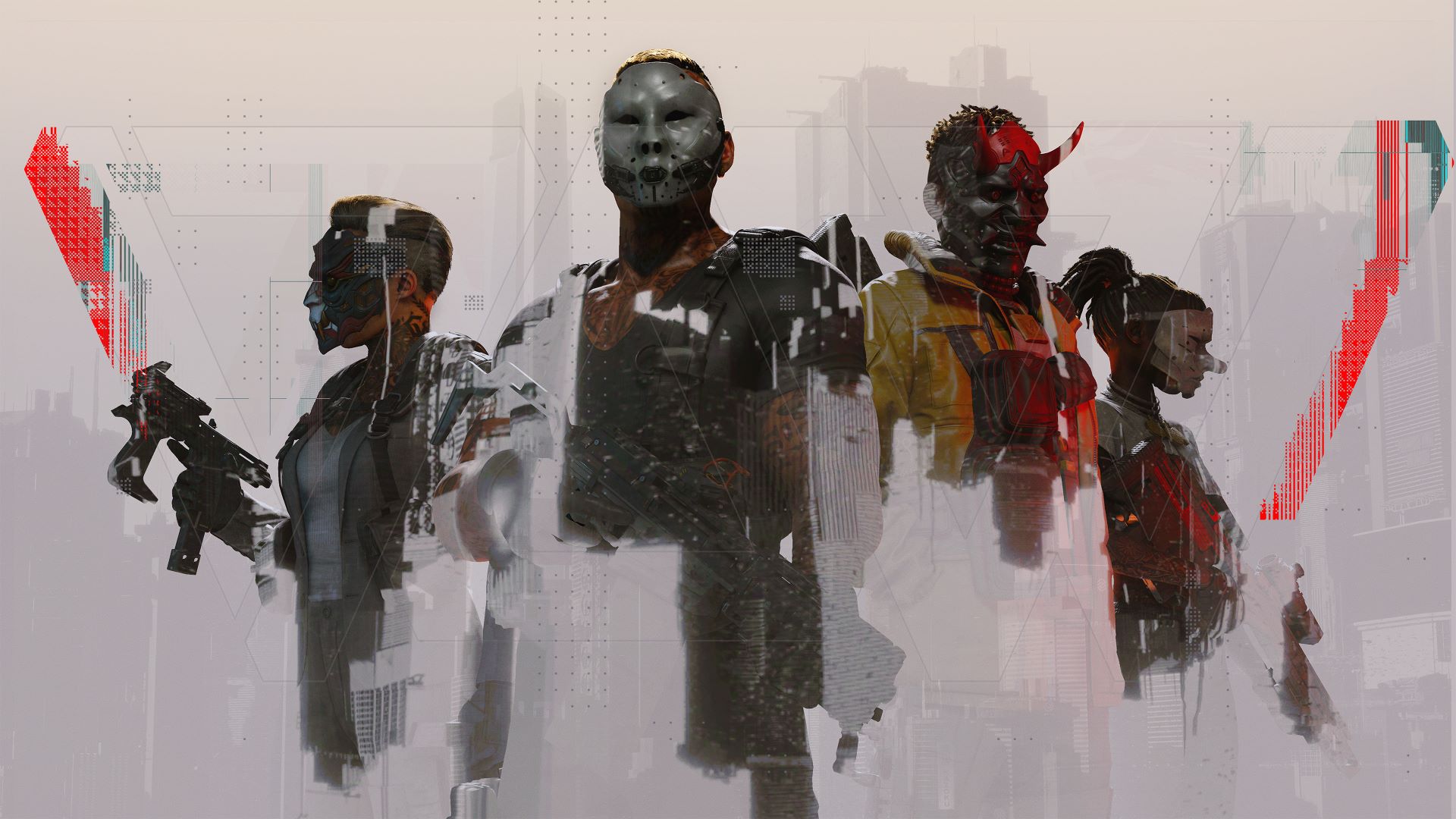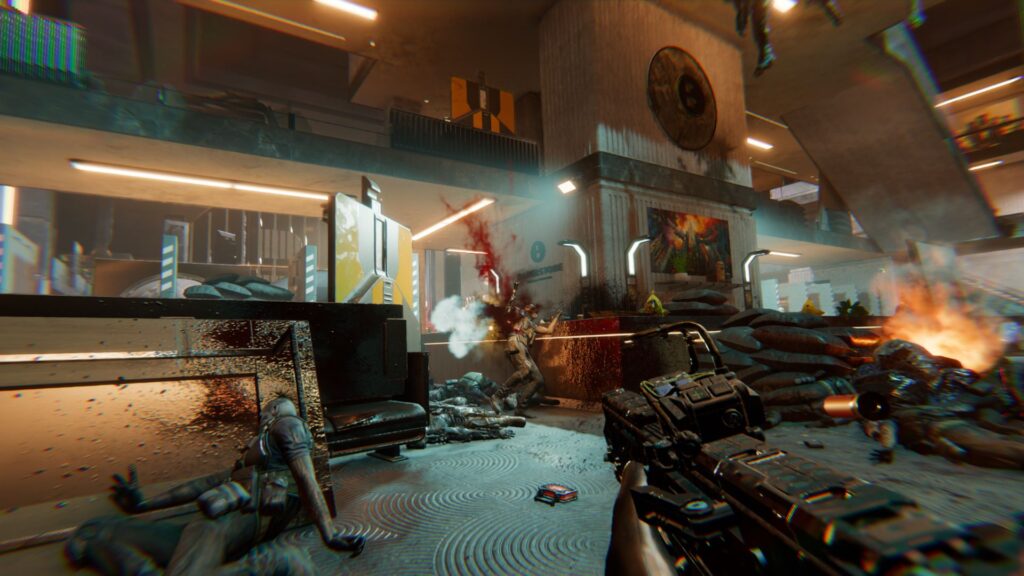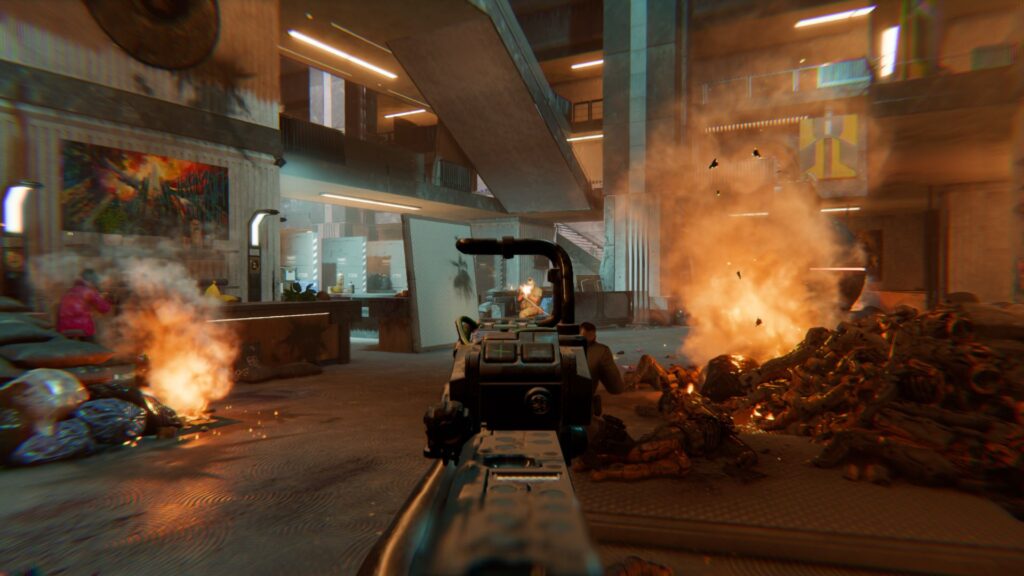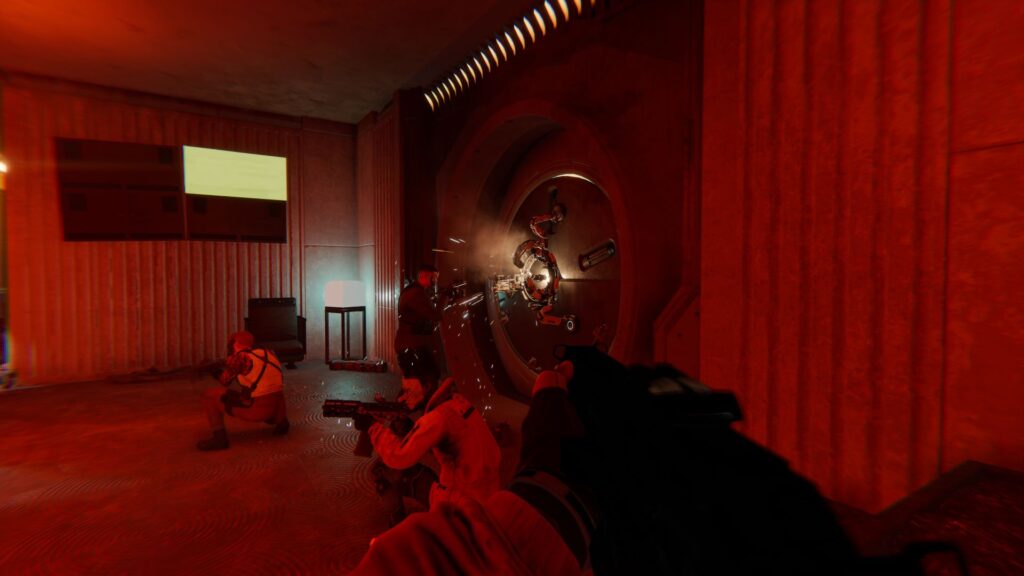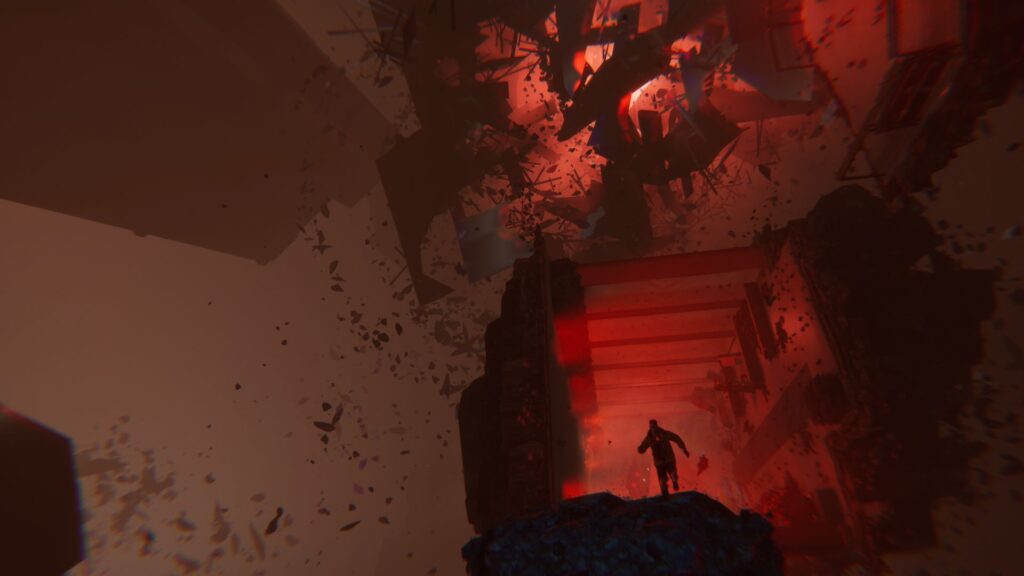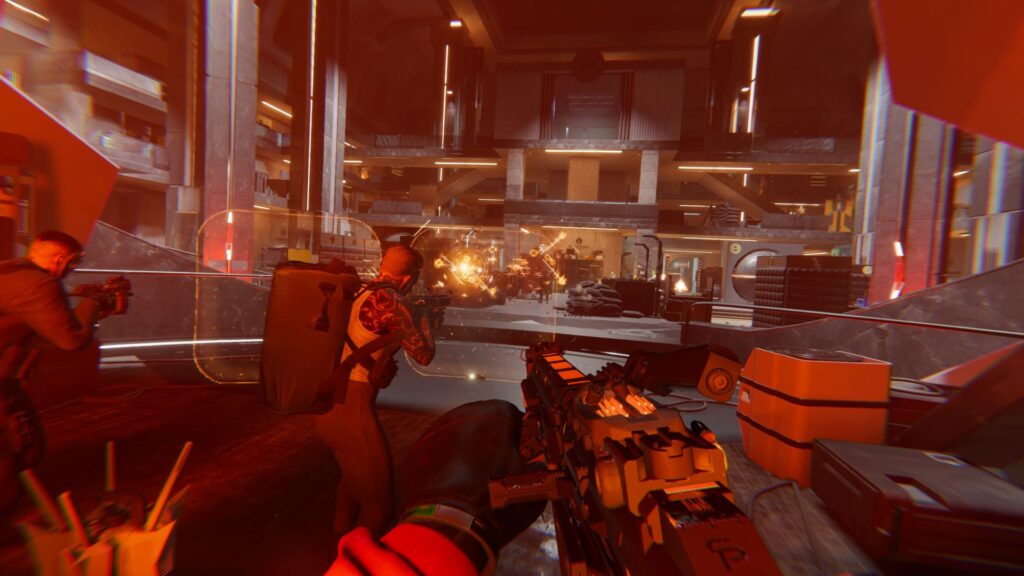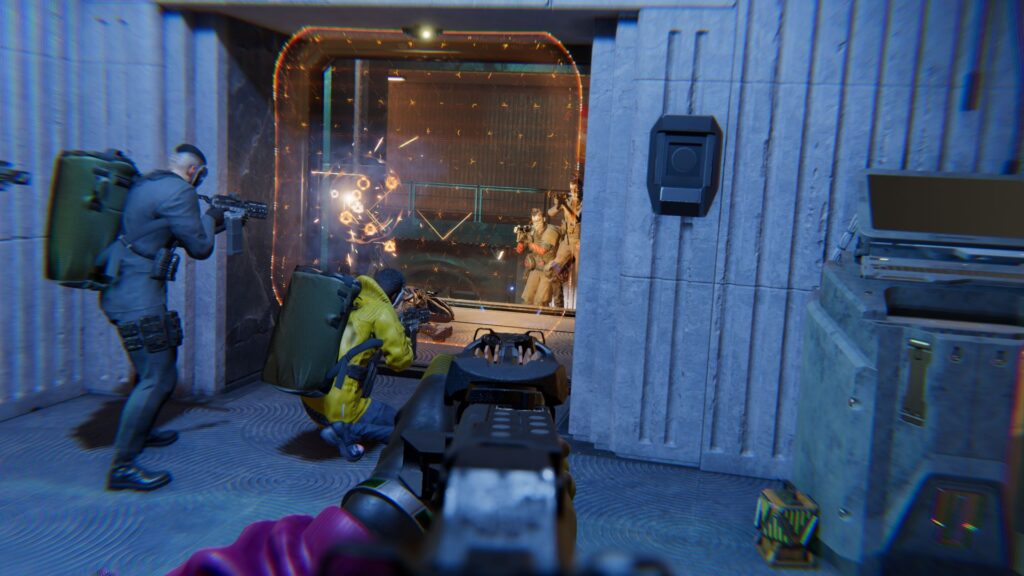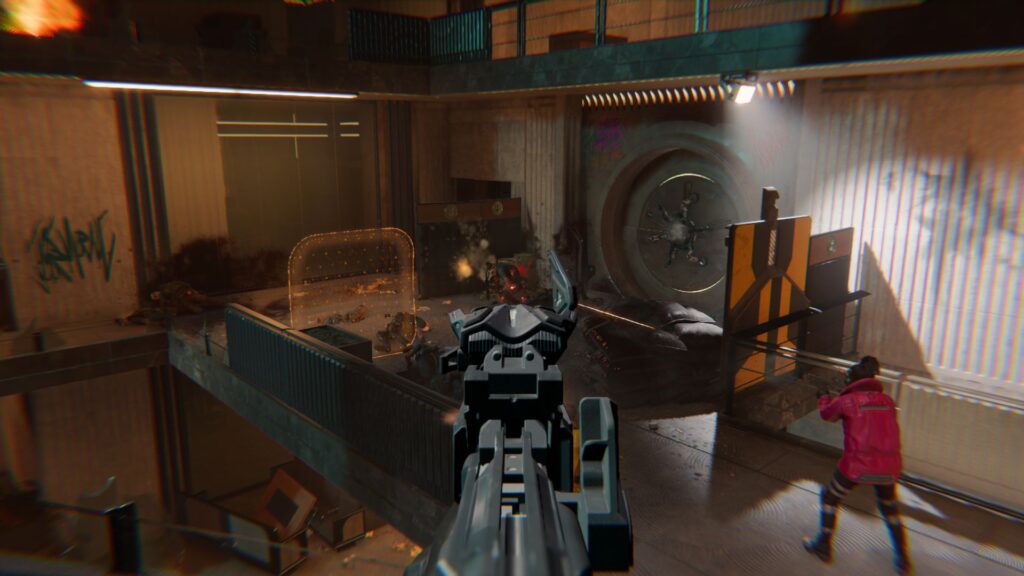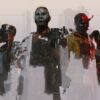Den of Wolves is the latest game to come out of 10 Chambers. The studio was originally founded in 2015 by Ulf Andersson, who worked as the game designer for both Payday and Payday 2. Since then, the team has gone on to make GTFO, a co-op horror shooter that came out in 2019. Since the release of GTFO, the studio has begun to see steady growth and has ventured on to a new project, Den of Wolves. Like GTFO, Den of Wolves is meant to be played with friends.
For those unaware, Den of Wolves is a four-player cyberpunk heist game set on Midway City, an unregulated island in the Pacific Ocean. The team at 10 Chambers wanted to return something a bit familiar. Because, in many ways, Den of Wolves feels like the spiritual successor to Payday. MonsterVine was able to play an early build of it at GDC 2025, and it was nice to see a lot of winks and nods to Payday.
In addition to playing the studio’s upcoming game, we were able to sit down and chat with Simon Viklund, one of the studio’s co-founders and audio director and composer of Den of Wolves, about how it felt to return to form in its latest project.
MonsterVine: Den of Wolves has a lot of Payday DNA built into it. The studio has said that this upcoming game was a project it’s been wanting to work on for some time. Can you share the thought process on it?
Viklund: It’s always about looking at the formula that we feel is our wheelhouse and looking at where we can polish it. Where can it evolve? So it’s just the next iteration.
MonsterVine: Can you share some more insight on the idea of making a co-op heist game where the players aren’t the good guys?
Viklund: Well, it’s a theme that serves the co-op concept well. Any Heist is like a group of people, often collaborating, and everyone has a role. And you know, you need to complete certain tasks, collect Intel, and gear. Prepping for it, you know. During the highest, everyone has their role, you know, to play. That’s perfect for a co-op game. And then there’s the escapism aspect of it. They get to do something that you’ve seen in a lot of movies and TV shows, and you get to try being that, you know, person on the wrong side of the law. Feeling bada*s and dangerous. Thematically, it’s so perfect just because you can wrap everything narratively in that sort of package.
MonsterVine: Was Den of Wolves always intended to be in the Cyberpunk genre? Or did other games, such as Cyberpunk 2077, influence the team a bit?
Viklund: I don’t know if we even think that cyberpunk is a genre, you know. It’s an IP that takes place in the future, I guess. I know [other team members] played the role-playing game that the Cyberpunk game is based on. Back in the day, we didn’t take inspiration from the video game. We took more inspiration from what Cyberpunk was inspired by.
Like William Gibson, Bladerunner, also some Matrix, and Some Strange Days, which is a neglected gem from 95. Akira, Ghost in the Shell, Black Mirror. Like technology gone wrong. Where the line between robot and human, where it’s the line between reality and simulation, all sorts of like mind fu*k, sci-fi, really, yeah.
MonsterVine: AI is a huge part of the game. Did the current state of where AI is and is heading give inspiration for the game?
Viklund: Well, I mean, the back story took shape, and was created even before Chat GPT launched and everything. Like the craze that we see now with AI image generation and texts. You know, large language models and that this new thing that’s been going on for, like, maybe two years now? So the story is with the idea of AI becoming something that is a tool for hackers. Improving existing hacking methods, you know, coming up in new ways. Tirelessly drilling into any security system with a tenacity that hackers or even teams of hackers could never match. That idea came before the trend, so to speak.
But we were happy to see the trend because we liked it. This is because [it makes Den of Wolves] contemporary now. [With] the idea.
I think people can imagine this being a potential future, even though we’re taking a lot of crazy creative freedoms. In order to turn it into an exciting gameplay experience. But you could think that this is something that an AI can almost be like a fire, forget something that you send into some security network, and it just finds its way inside because it can just go and go and go. We like having backstories that have some sort of anchor in the real world. Like the previous game, we made GTFO have a backstory that was connected to the Meteor that hit, killing the Dinosaurs, you know.
Then, being like, ‘That happened’, and everyone agrees with that. But we then tweak it and say maybe it wasn’t a meteor. Maybe it was a spaceship or something different, and no one can ever disprove that. So it’s sort of like a nice hook to have something that’s real. Like, Midway Island (the location in which Den of Wolves takes place), you know, it’s. It exists in the real world, and you can imagine, like, ‘Oh, it’s not part of any of the U.S. states, so it’s a piece of land that maybe. They could, a giveaway to the corporations.’ It’s right between America and Asia. It’s a perfect place to have. A stock exchange, and it could be like a hub of sorts for international trade. So we’re trying, trying to take little things like the development of AI right now, and say, ‘Look at these things that are happening, or look at these things that exist’, or everyone can agree it is real.
MonsterVine: The Dive system is really unique. Can you share some more insight on that?
Viklund: The dive can be a shooting experience. It could be a stealth sort of, to avoid the monster chasing you in the maze. It could be in a forest. It can be in a Japanese Temple. It can be in. Bunker on Iceland, it can be. There’s no limit.
That’s what’s so nice about the concept is that it provides variety for the players in terms of location and gameplay style. But also for us as developers. It’s, it’s this freedom to be like, whatever we come up with that we feel would be exciting and put up an interesting challenge for the players. And if we feel confident that we could deliver on that little snack size in an isolated piece of gameplay, we can put it in the game.
MonsterVine: Den of Wolves is a new IP. What creative challenges did you face in coming up with something new from the ground up?
Viklund: Yeah, it’s a double-edged sword. Obviously, you have the upside of being able to come up with whatever you want, and you set the rules rather than having to follow the rules and lore of existing TV shows or games, or whatever it might be.
That’s why the rules of the Dive can be anything we want it to be, and it always serves the mission to make a good game. It’s not just to sort of stay true to an IP. You know, we set the rules so that we can make a better game really. So whatever feels like it improves the game goes. But the negative side is that you have to come up with something new and exciting and get people interested in it.
But when it’s not an existing IP or a brand, that’s a challenge. But we did it with Payday, and Payday grew to a huge thing, you know, we did it with GTFO. That was very successful despite it being so niche. We’re sort of, like, ‘Well, don’t do it again.’ We have confidence that it’ll be successful enough to warrant its existence in itself, sort of like it. We like doing good stuff, you know. We’re coming up with new worlds, new backstories, new IPS.
MonsterVine: How big will the final map be?
Viklund: What you saw was a district. The city is huge, like five times the size of Manhattan. It’s like, it’s all like megastructures, and so you would you know, live your entire life, essentially in one building. You have hospitals and grocery stores and schools, and everything within the building. This is interesting because it allows us to be like, ‘Oh, you’re in the slums, but you, then you take an elevator, and you’re in a penthouse.’
On the same map, you can go blow a hole in the wall. Then, be somewhere different. So again, it’s one of those things where it’s like science fiction, and our ability to come up with anything serves the game because we can make interesting maps where we just cut through these megastructures and create variety in the brick-and-mortar world.
Then, on top of that. The Dives provide even more. You can be in a stealth scenario, and then suddenly you throw it into an action dive and then back into the real world. Going back in stealth because whatever happened in the dive doesn’t affect the real world.
Or the other way around, where it’s an action scenario, and a grenade goes off, throwing bodies into the air, and it’s like time freezes, then you go into this creepy forest or whatever it might be. It’s a stealth thing where you’re trying to evade some Sentinel tracking you through a creepy forest, and then if you complete that or fail, you get thrown back into the real world again, and it’s. These bodies that were in the air continued flying from that point forward. So it’s a fantastic tool.
MonsterVine: Can you explain the kind of creative freedom players will have when approaching the final heist mission?
Viklund: If you have a storyline, you could look at the highest at the end of it. You can play it, but you can find out what you’re supposed to do. Then, in order to find out ways to penetrate the Vault. Or, blow your way inside or bribe the guards or whatever, you start playing prep missions. To find out the different methods available, then you the prep missions that are relevant to the way you want to play the heist at the end, essentially unlocking different methods of approaching the final mission.
These prep missions give you some sort of plot device, like a drone or an explosive device, or, you know, the ability to threaten or bribe someone, or even the information of when they’re changing the guard. So these are more snack-size missions for the most part. But a prep mission could be a big mission, too. But they’re sort of straightforward for the most part, where not smashing grab, it’s going in, stealing something, and getting out.
Where the heist at the end becomes a bit more complex, with different ways in, and then you choose which way to do it. So, replaying a storyline would allow for a lot of replayability because you can do entirely different things.
MonsterVine: What are some of the challenges of having a game come out in Early Access versus having a traditional release?
Viklund: Well, the biggest thing is that at the point when you launched into Early Access, you’re developing the game and keeping a community happy. With information about how it’s going with updates. You know, they bought a product, they paid for it. So, they expect updates about the game and information about when new stuff is coming.
That’s a big job in and of itself and a responsibility towards your customers to keep them in the loop. And that’s a lot of work.
MonsterVine: Was it always the plan to go Early Access?
Viklund: After GTFO, we felt like that was the right thing to do. It’s good to come to the point where you see other people playing your creation really earlier, sooner rather than later, because it’s such a slog just developing and being in your bubble for years.
Early Access is such a perfect concept because you’re selling the game, and it is an agreement between you and the customers. It’s not done, but you can try it out. We’re not doing it for financial reasons, to get money earlier, but we’re doing it to see people play it earlier. And essentially, it helps us create internal deadlines. Now we’ve hit the ground, and we need to deliver.

